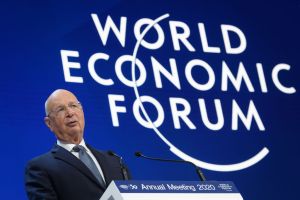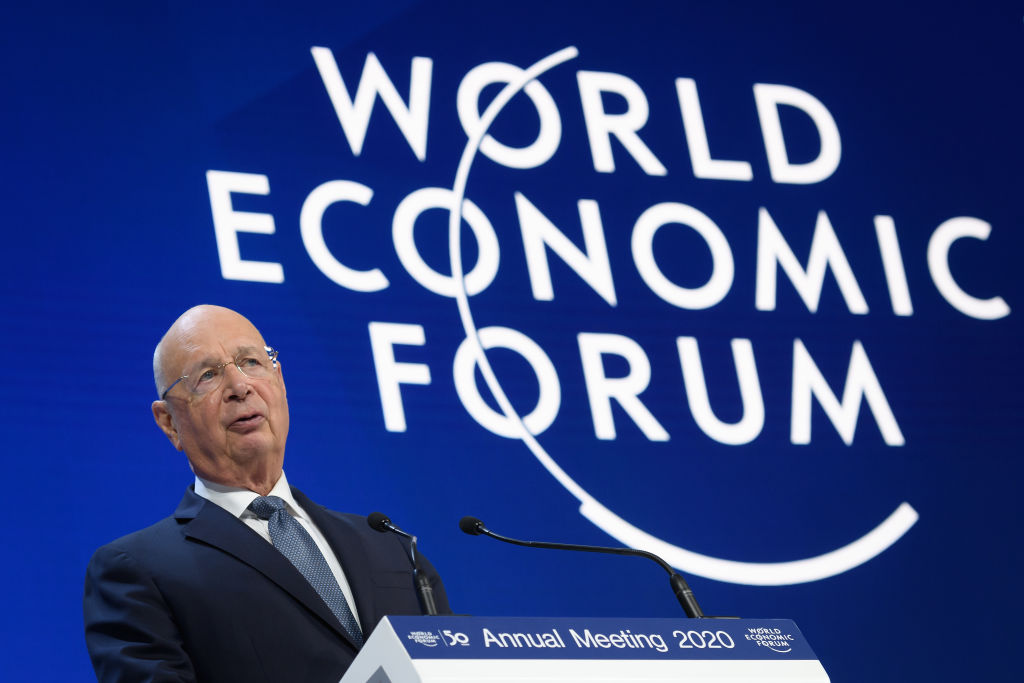Before the world went into quarantine, I had the chance to take part in a small way in some interesting discussions about the present and future of US foreign policy. Some of these involved Trump administration officials and think-tank honchos; others brought together US and European diplomats and scholars. Chatham House rules were in effect, but identifying who said what is less important than giving a sense of how hard it is for conversations on these topics to break out of old habits of thought and ideological preconceptions.
The academics and policy minds of America’s most respectable think tanks, for example, still assume that the most morally edifying solution to a world problem is also the most practically effective one. Thus, if only the monster Bashar al-Assad could be removed from power in Syria, the refugee crisis would abate and stability would return. The fact that this is just how the architects of the 2003 invasion of Iraq saw the situation with Saddam Hussein, and what the Obama administration expected from getting rid of Muammar Gaddafi in Libya, doesn’t matter. The underlying belief is more powerful than any lesson from experience: if you can only depose a bad ruler, good results must come.
As well-mannered as the exquisitely well-educated American experts who hold this view might be, they have more in common with the Jacobins of the French Revolution than they do with their own country’s Founding Fathers. Depose the king, sever his head and the queen’s head, too, and that’s the end of your troubles. The Ivy League graduates who constitute America’s foreign policy elite might sound nothing like Robespierre, but they think just like him. America’s own revolutionary leaders were terrified of the consequences of what they had unleashed, even though the colonies had not been plunged into ceaseless bloodshed by their divorce from George III’s Britain. Nevertheless, the mere whiff of unextinguished revolutionary embers alarmed the Framers of the Constitution enough that they built a more powerful central government than the one from which they had won independence.
French Revolutionaries took inspiration from America’s rhetoric about liberty, but they misunderstood America’s fundamentally counterrevolutionary dedication to order. Our policy elite today, however, thinks that order is what comes naturally after a tyrant’s decapitation. They can afford to believe this, of course, because they live in a country that has never experienced any such revolution.
The better example from our history is not the relatively tame Revolutionary War but the monumental carnage of the Civil War, which ended up with America’s first failed attempt at liberal-democratic nation-building: Reconstruction. If Washington, DC couldn’t prevent ethnic violence and minority oppression from becoming institutionalized in the South after a brutal war, what chance do today’s policymakers have of bringing human rights to Afghanistan or Iraq or Libya or Syria? Yet the price they pay for being wrong — hundreds of thousands of foreigners’ lives — is nothing compared to their reward of being morally correct.
What’s the alternative? Advocates of the morality-is-the-best-policy approach routinely demonize dissenters as ‘illiberal’: at best, heartless Machiavellians, at worst, ‘Russian assets’. Currently, the alternative with the most financial backing is yet another form of liberalism. The libertarian Charles Koch Institute has made a foreign policy of ‘restraint’ a primary focus in recent years, and Koch himself has teamed up with the left-wing billionaire George Soros to finance a new, relatively noninterventionist think tank in Washington, DC, the Quincy Institute for Responsible Statecraft.
The libertarian side of this effort is more interesting than the progressive one. The risk the Quincy Institute faces is being subsumed into the technocratic liberal foreign-policy establishment of Washington. The institute’s first big conference on February 26 included a softball question-and-answer session with celebrity general David Petraeus, nobody’s idea of a force for restraint. Petraeus was there to give establishment respectability to the event, to magnify the anti-interventionist speakers by association. In layman’s terms, this is called ‘sucking up’. But the bigger problem is that humanitarian noninterventionism is a kissing cousin to humanitarian interventionism. When they blend together, the result is something like the Obama administration’s foreign policy: humanitarian failure for hawks and doves alike.
Libertarians, grounded as they tend to be in a cold-blooded economic outlook in which there are always trade-offs and opportunity costs, with morality irrelevant to market operations, seemingly offer a better chance for a realistic foreign policy. But libertarians and their fellow travelers confine themselves within mental straitjackets of their own, not least by separating economic competition from security concerns. This makes it hard for them to conceive of China as a threat to the US; after all, if the Chinese aren’t going to invade California, who cares what they do? And if the Russians plow through Lithuania and Latvia to link Kaliningrad Oblast to the rest of their country, why need that concern American consumers?
If, as libertarians believe, world markets are self-sustaining on terms that Americans find acceptable, then these questions need not trouble our consumers. But the premise is doubtful, and Americans, like all people, have passions, not just consumer appetites. The world order is not a system for the rational satisfaction of material wants. It’s a stage on which our bloody nature plays out, and those who wish to be playwrights of policy must think first of the dramatis personae in all their irrational complexity. Our foreign policy does need new thinking — but that thinking must go much deeper than foreign policy.

























